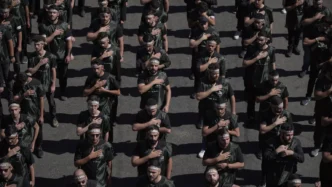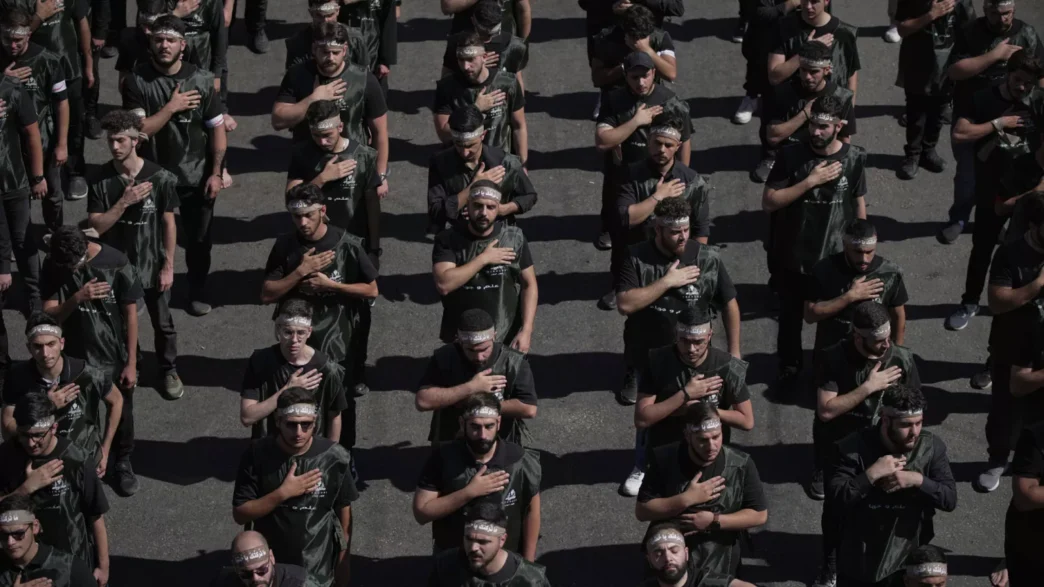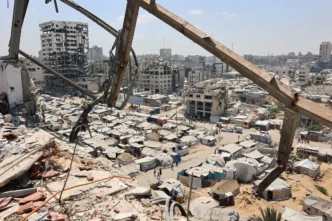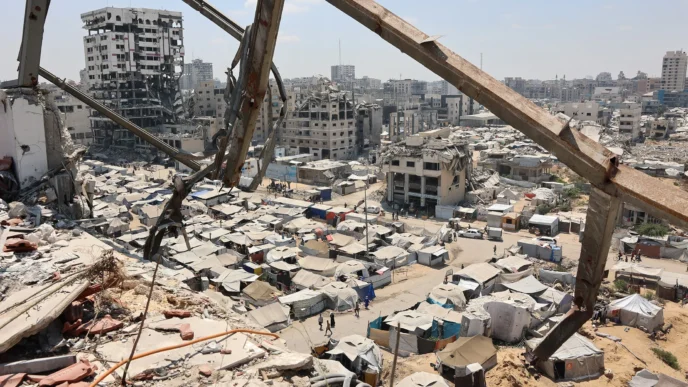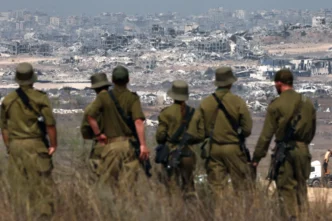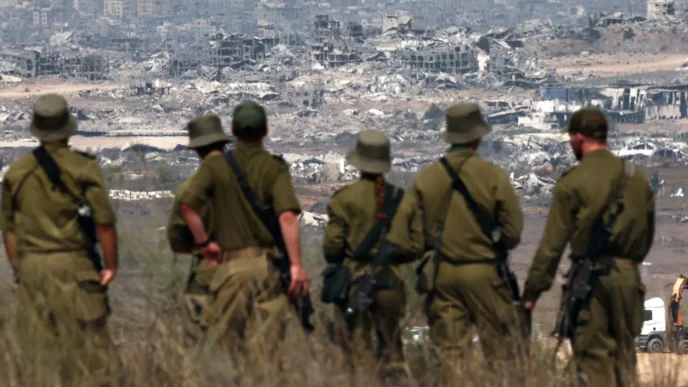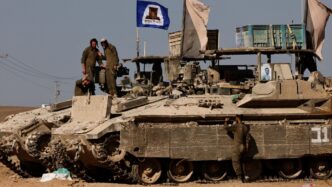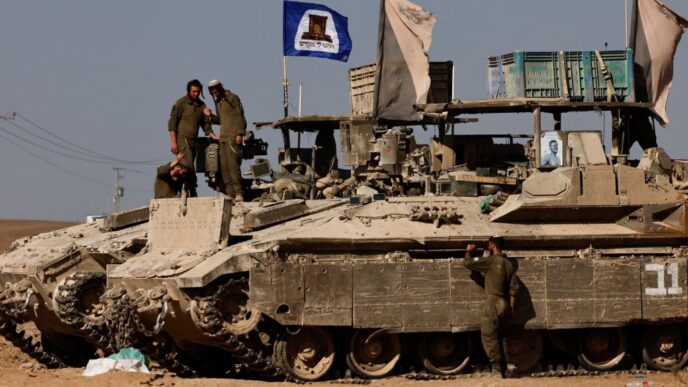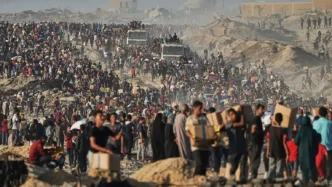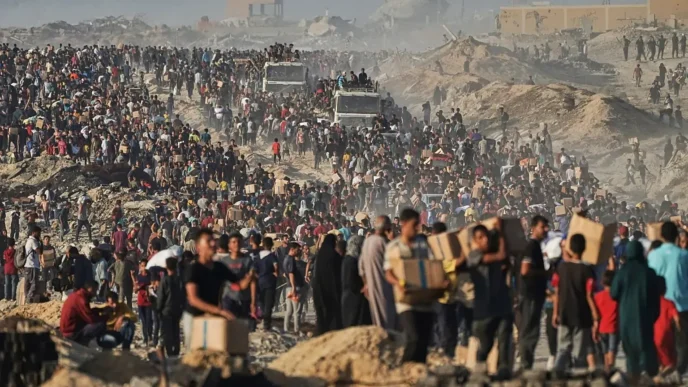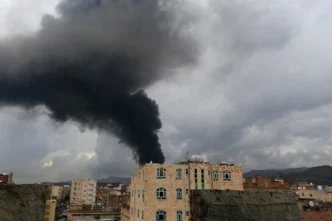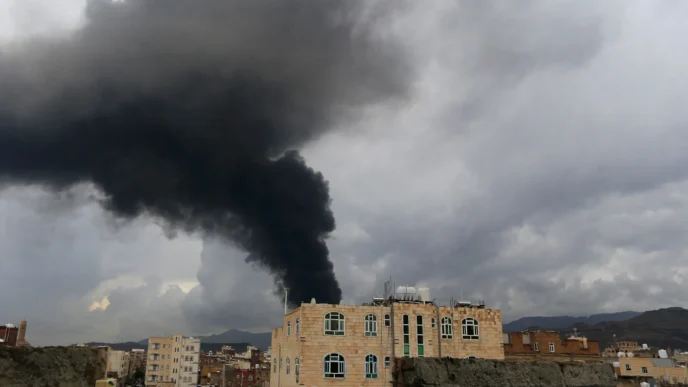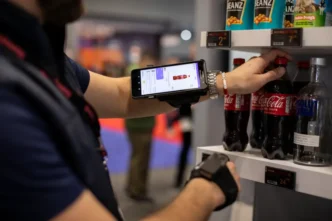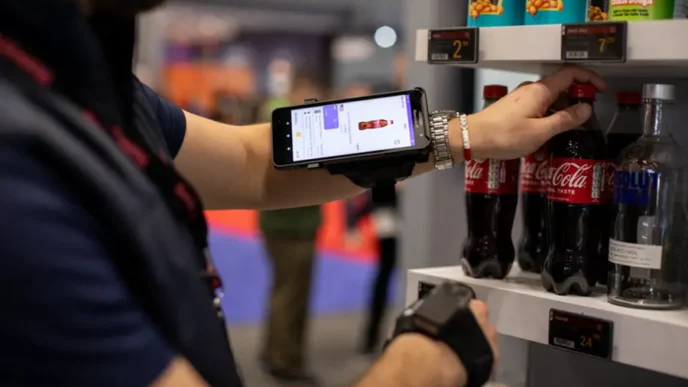Lebanon’s political landscape has been thrown into renewed tension after Hezbollah publicly rejected calls to hand over its weapons to the Lebanese government. The Iran-backed political and military movement, which holds significant influence in Lebanon’s parliament and maintains a powerful armed wing, insists its arsenal is essential for national defense—particularly against Israel—despite growing pressure from domestic and international actors for disarmament.
The Disarmament Dispute
The question of Hezbollah’s weapons has long been one of the most contentious issues in Lebanese politics. Supporters argue that Hezbollah’s military capabilities serve as a necessary deterrent to Israeli aggression and bolster Lebanon’s security in the absence of a strong national defense infrastructure. Critics, however, contend that the group’s autonomous military power undermines state sovereignty, complicates foreign relations, and drags Lebanon into regional conflicts.
The latest calls for disarmament have come amid rising concerns over the country’s economic collapse, political paralysis, and heightened border tensions. Opponents argue that consolidating all arms under state control is critical for stability and governance, while Hezbollah maintains that its role as a “resistance force” is non-negotiable.
Hezbollah’s Position
In a televised speech, a senior Hezbollah official reaffirmed that the group’s weapons are “a red line” and will remain outside the control of the Lebanese Armed Forces. He described the arsenal as “a shield for the nation” and accused foreign powers—particularly the United States and Israel—of pushing a disarmament agenda to weaken Lebanon’s defense posture.
The group also framed the issue as a matter of national dignity and sovereignty, claiming that the Lebanese army is not yet capable of defending the country’s borders without Hezbollah’s support.
Government Caught in the Middle
The Lebanese government faces an uphill battle in addressing the weapons question. While some factions within Lebanon’s political establishment align with Hezbollah’s stance, others—particularly Western-backed parties—argue that an armed political party operating outside the state’s authority undermines democratic governance.
This division has paralyzed efforts to reach a national consensus on security policy. The military, already underfunded and overstretched, has largely avoided direct confrontation with Hezbollah, recognizing the risks of an internal conflict that could spiral into broader violence.
Regional and International Implications
Hezbollah’s refusal to disarm complicates Lebanon’s relations with key international donors and regional partners. Gulf states have linked financial aid to reforms that include curbing Hezbollah’s influence, while Western nations have conditioned certain forms of assistance on strengthening state institutions over non-state actors.
At the same time, tensions with Israel remain high, with sporadic clashes and aerial incidents along the border. Any escalation could serve to justify Hezbollah’s stance on retaining its weapons, further entrenching the deadlock.
Conclusion
Hezbollah’s steadfast refusal to hand over its weapons underscores the deep divisions within Lebanon over sovereignty, security, and political identity. With the government unable to enforce a unified defense policy and the economic crisis deepening, the weapons debate is likely to remain unresolved—serving as both a symbol of defiance and a flashpoint for future instability.
The question now is not only whether Hezbollah will ever agree to disarm, but whether Lebanon’s fractured political system can withstand the ongoing strain of having a powerful armed force operating outside its official control.


